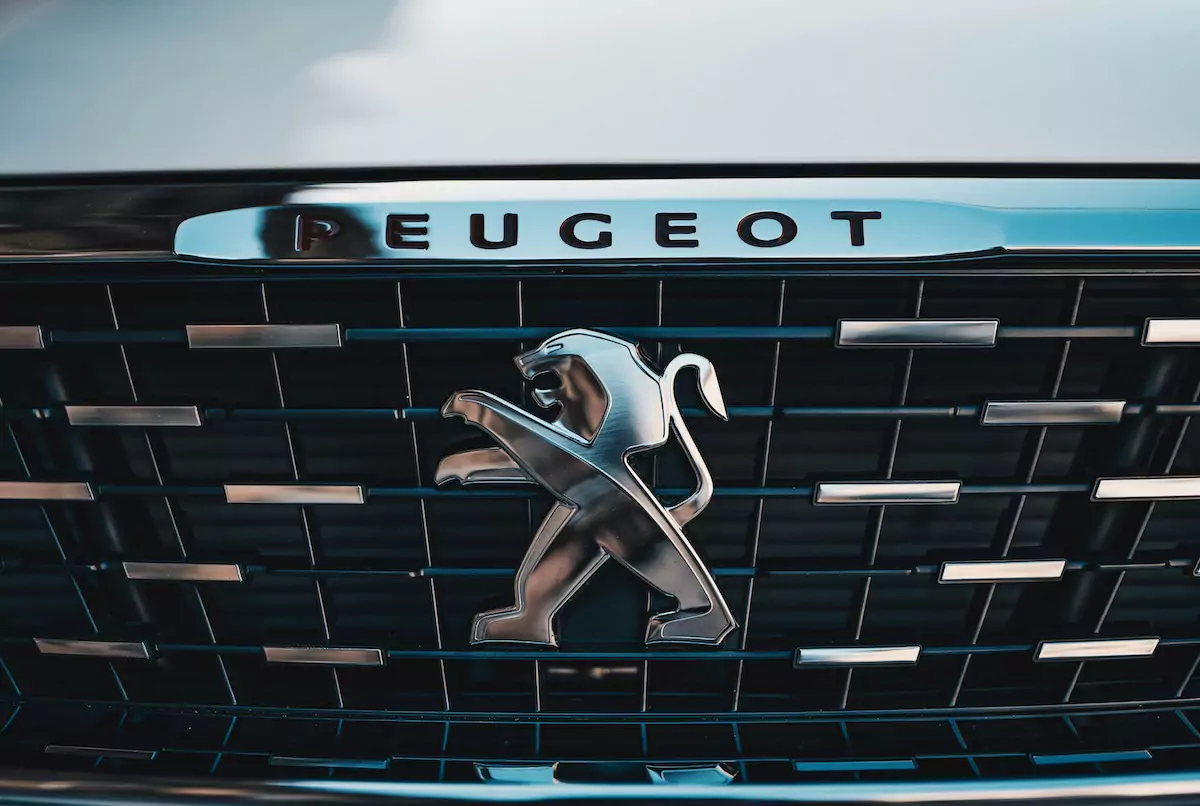Thousands of Peugeot 308 cars across Europe are being recalled after safety concerns were raised about faulty rear seat belts. Authorities warn that the anchorage could fail during a collision, putting passengers at serious risk.
The recall affects vehicles produced between 12th October 2015 and 1st December 2019. According to Europe’s product safety platform Rapex, the rear seat belt anchorage may not withstand the force of an impact, potentially causing it to detach. Peugeot dealers are contacting affected customers, and repairs will be carried out free of charge. Owners can check whether their car is included by consulting the VIN code on their registration documents.
A wider Stellantis problem
This latest recall follows several other large-scale safety operations involving Stellantis brands. In recent weeks, hundreds of thousands of vehicles fitted with the 1.5 BlueHDi diesel engine were recalled amid reliability concerns. Other marques in the group — including Citroën, DS, Fiat, Opel and Alfa Romeo — have also faced recalls over risks ranging from fire hazards to faults with automatic emergency braking systems.
What drivers should do
Peugeot has advised all owners of the affected 308 models to contact their dealership without delay. Repairs involve reinforcing the anchorage of the rear seat belt and are considered essential. For peace of mind, drivers can verify whether their vehicle is affected by checking their registration papers or contacting their local Peugeot service centre.
Safety first
While the recall does not include a stop-drive order, experts say the defect should not be ignored given the crucial role of seat belts in passenger safety. With millions of Stellantis vehicles sold in Europe, the group is under pressure to reassure customers and ensure that recalls are carried out swiftly and efficiently.
Stay updated with Monaco Life: sign up for our free newsletter, catch our podcast on Spotify, and follow us across Facebook, Instagram, LinkedIn, and Tik Tok.
Photo credit: Bence Balla-Schottner, Unsplash
